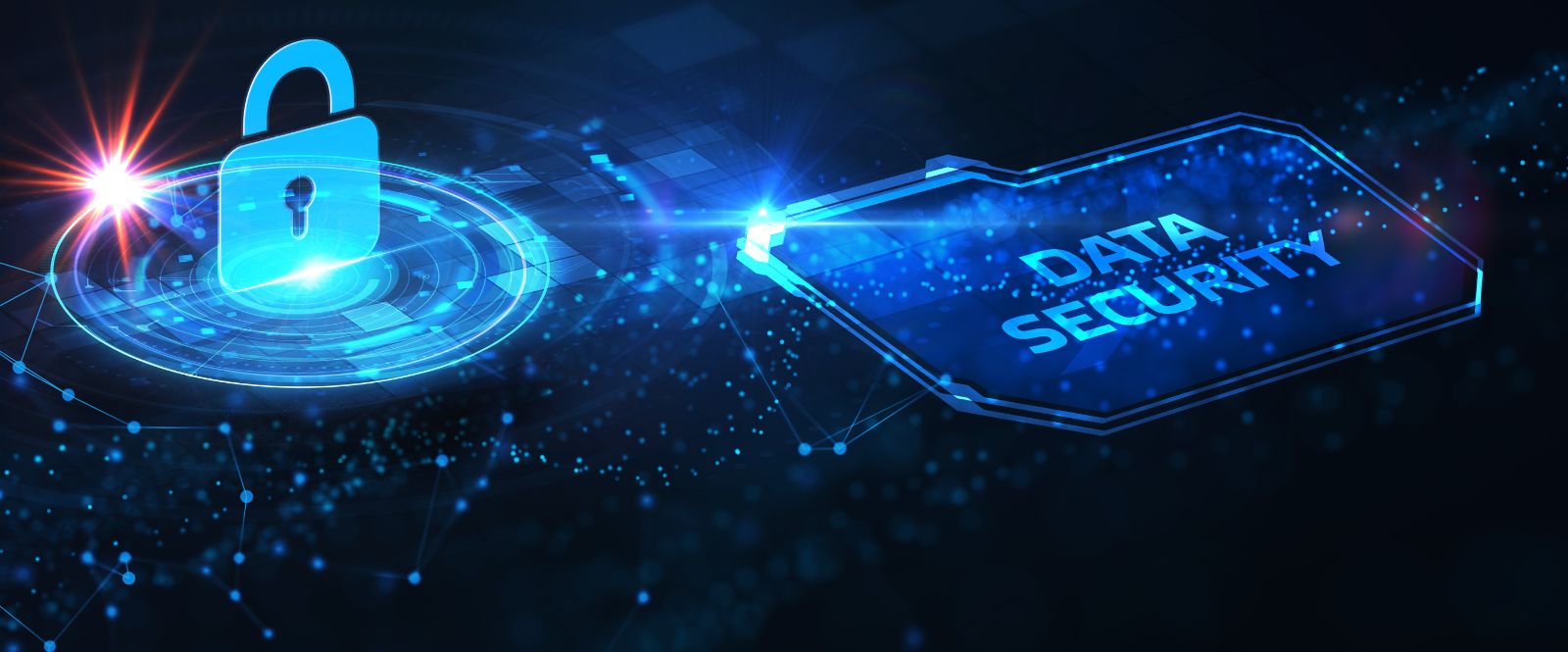

Stay safe.
Co-op Credit Union recognizes the importance of the obligation we have in protecting your personal information. Therefore, CCU has adopted the following privacy policy to protect your personal information.
Identity Theft
If you have been a victim of identity theft, there are four immediate steps to take:
1. Place a fraud alert on your credit report. This alert tells creditors to follow certain procedures before opening any new accounts.
The three credit reporting agencies are Equifax, Experian, and TransUnion. Contact them to report fraud, or obtain a FREE copy of your credit report. You also can obtain a FREE copy of your credit report once a year by visiting here, or by calling 1-877-FACT-ACT (1-877-322-8228). You should review your credit report once a year to check for fraudulent activity.
2. Close any accounts that you know or believe have been tampered with, or opened fraudulently.
3. File a complaint with the Federal Trade Commission call (877) 438-4338. You may print a copy of your complaint to provide standard information to your local police department.
4. File a complaint with your local police department. Provide them a copy of your FTC report.
For more helpful tips and guidelines read the Federal Trade Commission's "Take Charge: Fighting Back Against Identity Theft."
Keeping Your Identity Safe
There are a number of things you can do on a daily basis to keep your personal information protected.
- Do not provide account numbers or other personal information in response to emails, text messages or automated phone calls. These are most often fraudulent requests attempting to trick you into providing account information. Identity thieves are clever, and before you know it you've given out card numbers, account numbers and passwords! A good rule to follow is to never provide sensitive information unless you initiate the contact.
- Place passwords on your accounts and credit cards. Avoid using easily available information like your mother's maiden name, birthdates, or the last four digits of your phone or social security number.
- Treat your mail and trash carefully. Shred anything containing personal financial information.
- Review credit card and account statements as soon as you receive them to check for unauthorized charges. If your statement is late by more than a couple of days, call your credit card company or financial institution to confirm your billing address and account balances.
- Give out your social security number only when necessary - ask to use other types of identification instead.
- Never share personal or confidential information via e-mail.
- Disable the feature on your computer that allows passwords to be saved.
Prevent Wire Fraud
As the account holder, you are responsible for any wire sent, even if it is discovered that a scam or fraud occurred. In most cases, money wired cannot be recovered. Click the button below to review how to protect yourself from wire fraud.
Scams
Scams Involving the Federal Reserve Name
The Federal Reserve Bank of New York has become aware of a new scam in which fraudsters claim to be from the Federal Reserve and contact the public through unsolicited phone calls and e-mails. The scammers state there is suspicious activity on one's bank account in an attempt to gain access to the account. Be aware, the Federal Reserve will not call, text or e-mail you in this manner; any contact like this should be considered a scam.
Home Improvement Scam
In home improvement scams, checks can be sent from a company stating that the recipient has won a home improvement grant and the check represents the amount of the fees and taxes due for the grant. Of course, the check is fraudulent, and the company and the grant do not exist.
In home improvement scams, checks can be sent from a company stating that the recipient has won a home improvement grant and the check represents the amount of the fees and taxes due for the grant. Of course, the check is fraudulent, and the company and the grant do not exist.
The phone number in the letter may go to a foreign cell phone, and calls to it could nstruct the recipient to "activate" the account by cashing the check and wiring a portion of the check to a fake company. By the time the check fraud is discovered, it's too late for the recipient to recover the funds.
Fake Caller ID Numbers
In a twist of a phishing scam, con artists use phony caller ID numbers to solicit personal information and money. Thanks to the phony caller IDs, the "spoofers" are able to convince victims that they're receiving a call from a credit union, bank, or credit card company. The scammers use this technique to acquire sensitive personal and financial information, or even money, from their victims. The frightening aspect of this scam is that few people would ever think that the names and phone numbers appearing on their caller ID screens were not genuine.
To prevent falling victim to this scam, do not assume that the information displayed on your phone regarding who the caller is is accurate. It can easily be spoofed. Don't give out personal or financial information over the phone unless you know EXACTLY whom you're dealing with. If you're in doubt, hang up and call back using the number on record for your financial or credit card company. Remember, your credit union will never call asking you for personal account information!
Fraudulent Checks
Still popular is the "here's this check, but I need you to issue a separate payment to another party" scam. It can be under the pretense of a purchase of goods you have placed for sale on the internet - or a prize you have supposedly won. The check you receive in these scams turns out to be worthless. You suffer the loss because you are responsible for the checks you deposit.
Another twist involves used vehicles or motorcycles overseas sold on the internet asking you for an "advance" or "transportation fee" from "DHL" and "Lufthansa Cargo". The vehicle will never be delivered. The safe thing to do is question any transaction that seems abnormal to you.
Phishing
This is the practice of enticing victims to click on an e-mail link that leads to a false web site resembling or duplicating a legitimate site for the purpose of gaining personal financial information. Fraudsters are even taking advantage of the new multi-factor security system enrollments as a guise to lead consumers to false sites and gain account number and password information.
Do not provide personal information to a site that has placed a link in an e-mail to you...or a phone number contained in an e-mail. The fraudsters may be posing as, for example, the Social Security Administration, or the National Credit Union Administration. They may state, for example, that "your benefits may be stopped unless", or "your credit union account may be in danger because...so give me your account number so I can verify". The bottom line is, unless you've initiated a contact by a phone number or web address you know to be correct, do not give out any personal information.

Security. Protection. Peace of Mind.
Explore CCU's identity theft protection products to give you peace of mind.
